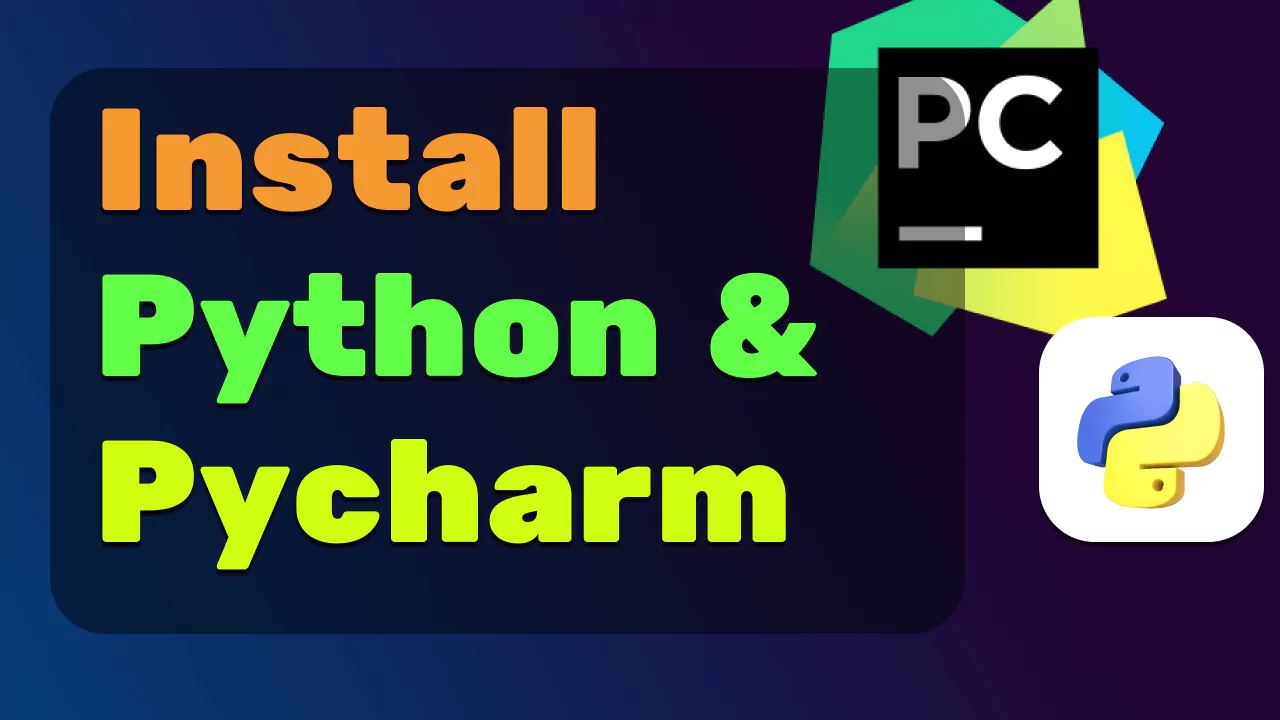Install Python-3 on Ubuntu and PyCharm Community Edition
Posted on February 20, 2024 • 2 minutes • 394 words
https://doruffleton.com/4/7118622
Python is a versatile and widely-used programming language, and Ubuntu is one of the most popular Linux distributions.
In this blog post, we will walk you through the process of
- Installing
Python 3on Ubuntu - Setting up
PyCharm Community Edition, a powerful Python IDE.

Part 1: Installing Python 3 on Ubuntu
Step 1: Update Package Lists
Before installing Python 3, it’s a good practice to update the package lists to ensure you get the latest information.
sudo apt update
Step 2: Install Python 3
Run the following command to install Python 3:
sudo apt install python3
Verify the installation by checking the Python version:
python3 --version
Step 3: Install Pip (Python Package Installer)
Pip is a package manager for Python, and it’s used to install additional Python packages.
sudo apt install python3-pip
Part 2: Installing and Configuring PyCharm Community Edition
Step 1: Download PyCharm
Visit the official PyCharm download page and download the Community Edition for Linux.
https://www.jetbrains.com/pycharm/download/?section=linux
Step 2: Extract the Archive
Navigate to the directory where you downloaded PyCharm and extract the archive.
cd /path/to/downloaded/pycharm-tar.gz
tar -xzf pycharm-community-*.tar.gz
Step 3: Move PyCharm to home directory
Move the extracted PyCharm directory to the home directory.
Step 4: Launch PyCharm
You can now launch PyCharm from the applications menu or by running:
Navigate to the directory
cd ~/pycharm-community*
./bin/pycharm.sh
Step 5: Initial Configuration
Upon the first launch, PyCharm will ask you to import settings or configure as a new installation.
Follow the on-screen instructions to set up your preferred configurations.
Congratulations! You have successfully installed Python 3 on Ubuntu and configured PyCharm Community Edition.
You’re now ready to start your Python development journey with a powerful IDE!

